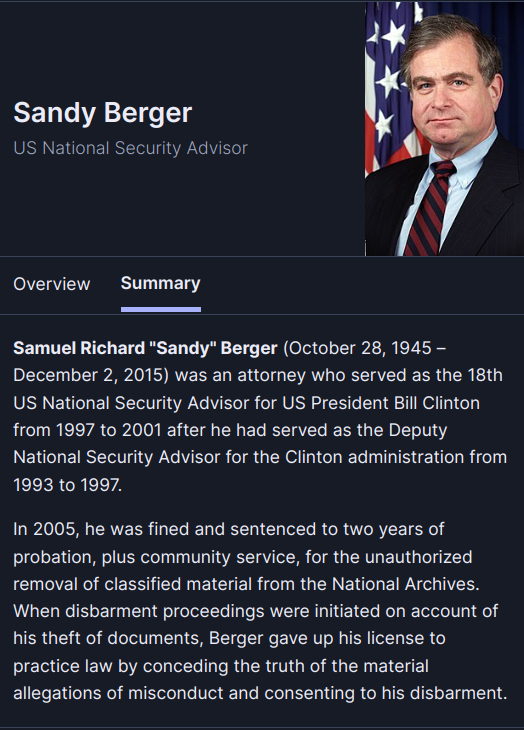Circumnavigate
Limp Gawd
- Joined
- Dec 26, 2009
- Messages
- 239
Hey my co-workers told me that they copy files to drop box from the work computer and that's how they get around the security measures installed by IT.
Does this sound like a good way for him to copy the files without triggering some sort of windows file transfer security the employer put in place?
I was telling him I thought he would be better off unplugging the ethernet cable from the computer, booting into a Linux flash drive and copying the files to a USB.
What do you guys think?
Does this sound like a good way for him to copy the files without triggering some sort of windows file transfer security the employer put in place?
I was telling him I thought he would be better off unplugging the ethernet cable from the computer, booting into a Linux flash drive and copying the files to a USB.
What do you guys think?
![[H]ard|Forum](/styles/hardforum/xenforo/logo_dark.png)

